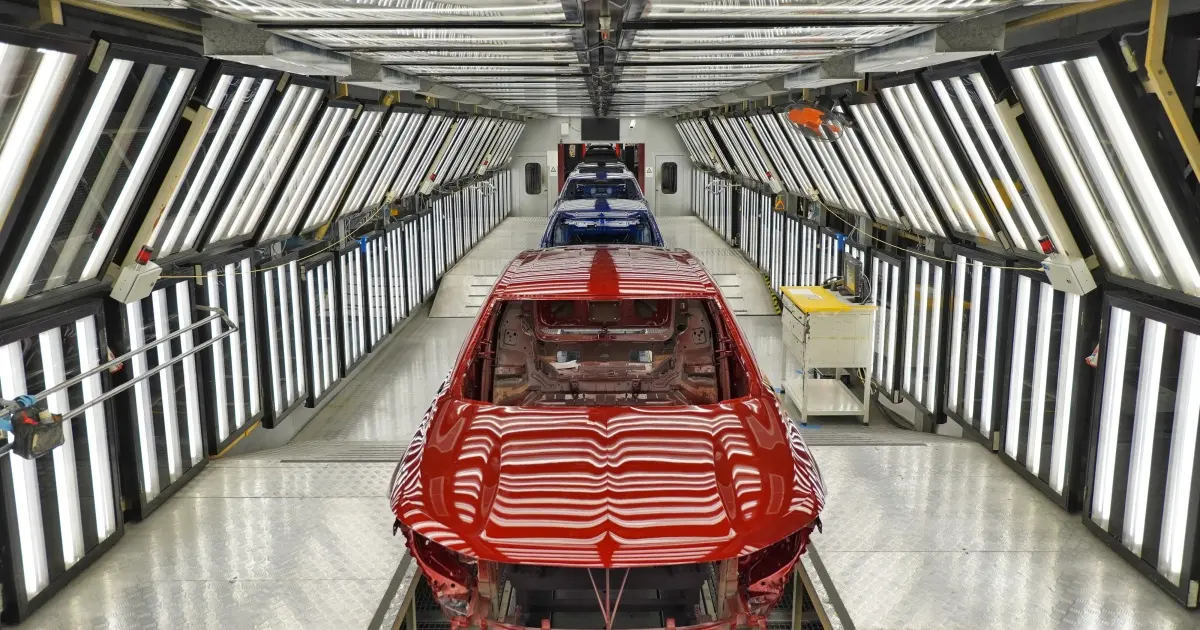Brazilian labor authorities have accused the Chinese electric vehicle manufacturer BYD of using human trafficking to fill its workforce in Brazil. The company, which has become one of BYD’s main markets, is producing vehicles in the country, and the allegations center on 163 workers who were reportedly housed in primitive, cramped conditions. These workers were employed by a contractor, Jinjiang Group, which is responsible for the labor practices. Brazilian authorities say these workers were exploited in ways that suggest human trafficking, which has led to investigations into the company’s operations.
BYD and Jinjiang have denied the accusations, stating that the workers were not subject to “slavery-like conditions.” Both companies issued a joint statement on social media rejecting the claims, with BYD arguing that the employees were not being mistreated. Despite the denials, the companies have offered to temporarily house the workers in hotels while they negotiate an agreement to terminate their contracts, according to Brazil’s Labor Prosecutor’s Office. However, Brazil maintains that the workers are being forced to endure inhumane living conditions.

Initially, BYD tried to shift the blame onto its contractor, Jinjiang, for the PR crisis. However, the company later took a different approach, suggesting that “foreign forces,” including some Chinese media outlets, were deliberately smearing Chinese brands and creating tension between China and Brazil. BYD emphasized that these external actors were undermining their relationship with Brazil, painting the situation as part of a larger geopolitical narrative. This shift in focus raised concerns about the political and economic dimensions of the controversy.
China’s foreign ministry also weighed in on the issue, insisting that the country strongly believes in workers’ rights and upholds the importance of labor laws. They confirmed that discussions regarding the human trafficking allegations had taken place with Brazilian authorities and reaffirmed their stance that Chinese companies operating overseas should adhere to the same labor standards. The Chinese government’s involvement highlights the diplomatic sensitivity of the matter and its potential impact on bilateral relations between China and Brazil.
The allegations come at a time when BYD is expanding its global presence. The company is significantly increasing its market share in the electric vehicle (EV) and hybrid vehicle industries. Although 90 percent of its products are still sold within China, BYD has been rapidly building production plants in countries such as Hungary, Mexico, Thailand, Uzbekistan, and Brazil. This expansion positions BYD to potentially outperform major car manufacturers like Ford and Honda, adding even more pressure on the company to resolve the labor dispute without further tarnishing its global reputation.


